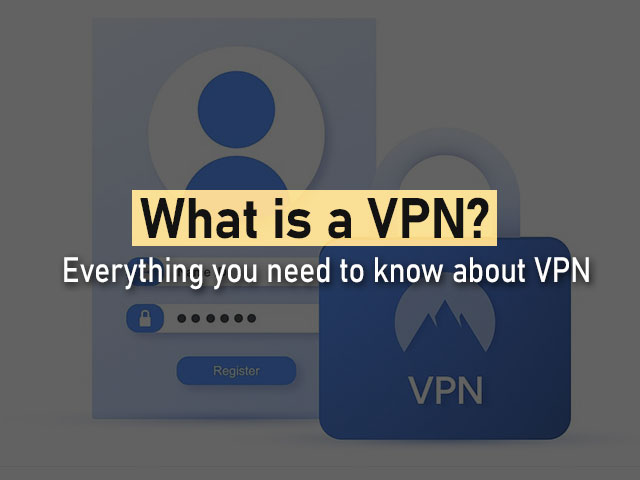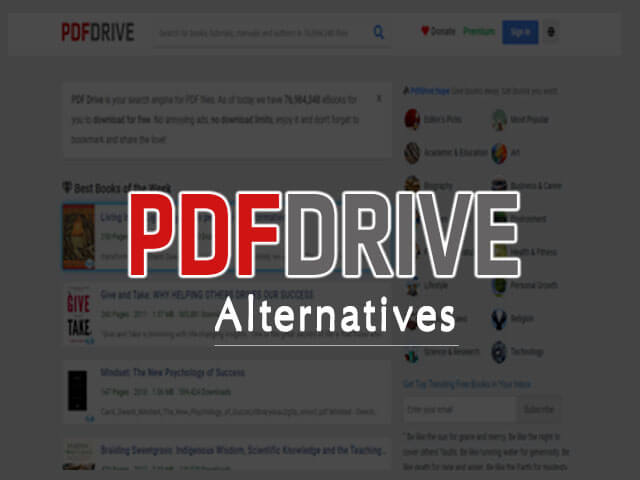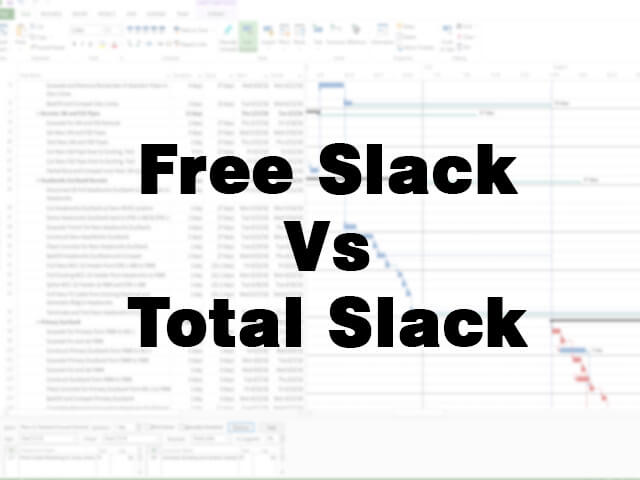Internet has reached the hands of billions of people, who are active on the internet, and on social media, for different purposes. The thing is that when we are on the internet, we go through a bunch of different websites, applications, and different online services, but oftentimes, our behavior is being tracked for whatever we are doing on the internet. It may not seem likely to many, but, it is, and it may become a matter of concern to many.
What is a VPN? Everything you need to know about VPN
This is where the concept of using a VPN jumps in. You might have heard already about VPNs, which is a very likely reason for you being here reading about VPNs. This article focuses on giving information about everything you need to know about VPNs. So, let’s get started.
What is a VPN?
When you are on the internet, there is a particular IP address for the network, or the device from which you are connecting to the internet. It’s ok if you have never heard about IP addresses before, since you are not alone, probably many people don’t know/care about IP addresses.
Your IP address can tell about the city, ZIP code, Internet Service Provider(ISP) code, or even the name of your ISP. While your IP address won’t reveal your physical location or your physical identity, through some other bits and pieces of information along with your IP address, it may be possible to some extent, to reveal your identity, or reveal some information about you.
Well, this seems creepy right? So, using a Virtual Private Network(VPN) can save you a lot in this. A VPN can be understood as an encrypted connection from the device over the internet. When your connection on the internet is encrypted, it helps ensure that the data transmission is done safely and makes it harder for any third parties to track your online activities.
While VPN technology is widely used in the corporate world, you can also use VPN to ensure that you are safe while you are on the internet, and not being tracked for your every action online.

How does a VPN work?
This might be an obvious question, as you might want to know about the working of a VPN. While we are not going to go into greater detail about this, we will discuss this in brief.
Let’s say that you are not using a VPN, and in such case, this is what happens –
- Your device(like your computer, mobile, etc) is directly connected to your Internet Service Provider(ISP).
- While you are visiting some website, or using some service, your requests travel through your ISP servers.
- Your ISP can see and log things, like the websites that you visit, files you download, and more.
- If there is no encryption, then your data is vulnerable to hackers, the government, or other bodies monitoring internet traffic.
- Your real IP Address is visible when you are not using a VPN, which allows the websites to track your activities on the web.
In short, when you are not connected to a VPN, your IP is vulnerable, and you are directly connected, due to which your online actions can be logged and watched by third parties. It’s not only ISPs that can watch, many other parties can do so.
Now let’s see how is it when you are using a VPN –
- When you are connected to some VPN server, there is a secure and encrypted tunnel, between the device and the VPN server.
- Your Internet Traffic passes through this tunnel, ensuring protection and encryption.
- Assume that the VPN is kind of an intermediate between your device and the internet.
- When you are requesting something from the web, it appears to originate from the VPN server location, thereby masking your actual IP Address(Boom!)
- Due to VPN, our ISP cannot see the websites that we visit or the data that is transmitted.
- Also, VPN helps bypass geolocation restrictions, which helps you access the content or service, which is not accessible in your region.
As you can see, when you are using a VPN, it adds up much security, and privacy, when we are on the internet. So, maybe after reading this, you might want to consider using a VPN. There are many VPN service providers, in some cases, you might need to pay for a VPN service, and some other services, can be also free, but it depends.
Benefits of using a VPN
As of now, you might have got the importance of using a VPN, while we are using the internet. It is not just the corporate sector that needs a VPN, but also individuals, who can use a VPN to ensure safety and privacy while they are using the internet and to get rid of the third-party trackers.
While you might have got a gist of the benefits of using a VPN, let’s try to discuss them in points briefly –
- While you are using a VPN, your connection is encrypted, allowing you to safely browse the internet.
- VPN allows anonymous browsing and prevents tracking from third parties.
- VPN allows us to access region-locked content and services.
- VPN offers an extra layer of security by masking your IP address.
Besides this, there could be some other benefits, in the context of corporations, or cases when you are using Public Wi-Fi. But I think that the above points give a clearer idea about the benefits of using a VPN.
Pros and Cons of Using a VPN
If you have come here reading the above-written stuff, you might be thinking that it’s all side beneficial to use a VPN! But just like any other thing, while there are many pros of using a VPN, there are certain cons of using a VPN, and now it’s time to highlight those pros and cons as well. Here is the table, which tells you about some pros and cons of using the VPN –
| Pros – Using a VPN | Cons – Using a VPN |
|---|---|
| Enhanced Security: Data is encrypted, protecting against hackers and cyber threats. | Reduced Speed: Connection speed may decrease due to encryption and routing through VPN servers. |
| Privacy Protection: IP address is masked, keeping online activities private. | Cost: Premium VPN services can have subscription fees, while free VPNs might have limitations or security risks. |
| Bypass Geo-Restrictions: You can access region-locked content and websites by changing your virtual location. | Trust Issues: Trusting a VPN provider with your data and privacy might raise concerns, especially with logging policies. |
| Public Wi-Fi Safety: Helps with secure connections on public Wi-Fi networks, preventing potential eavesdropping. | Complexity: Setting up and configuring a VPN might be challenging for some users. |
| Anonymity: Helps maintain anonymity and prevents websites from tracking your browsing habits. | Legal Issues: Usage of VPNs may be restricted or regulated in some countries, potentially leading to legal consequences. |
| Remote Access: Allows secure access to company networks for remote work or accessing home networks while traveling. | Compatibility: Some VPNs might not be compatible with certain devices or operating systems. |
As you can see from the table, there are a lot of pros and cons of using a VPN. It’s just not an all-good deal to use a VPN, and sometimes using a VPN may backfire, especially if it’s not legal, or if it doesn’t benefit you, make the accessibility to the services slower than usual, or incur high costs in cases of premium VPNs.
Conclusion
In this article, we tried to discuss Virtual Private Networks, or VPNs. Through this guide, we hope that you can understand many different things about the VPN, and if you find it suitable for you, then you may want to use it for your purposes. It’s not just the corporate people who need to use VPNs, but also the individual people who need to use VPNs. There are some VPN providers which are free, and there are some VPN providers, going into premium scale, with other benefits, and guarantees.
You can also look for some VPN providers in case you need to make use of a VPN, or just know what are some big VPN service providers.
FAQs related to what is VPN –
Ans: VPN, or Virtual Private Network can be considered as an encrypted connection with your device over the internet. It masks your IP address and makes it harder for third-party trackers to monitor your online activities.
Ans: Well, whether or not is it right to use a VPN depends on multiple factors, like whether is it truly legal in your Country, or is it beneficial for you, or what’s the reason behind you using the VPN.
Ans: The full form of VPN is a Virtual Private Network.
Ans: It masks the IP address of the user, making it appear from some other location, and making it harder to be tracked online.




